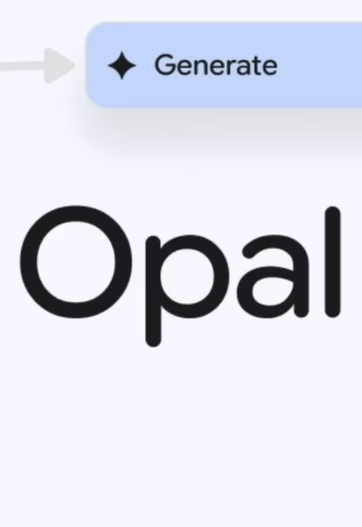Islamic Finance Mortgages Explained: Key Debates & Rulings
Islamic finance mortgages often spark debates among Muslims, especially when costs resemble conventional loans. Many assume Shari’ah-compliant financing should be cheaper, but halal compliance focuses on contract structure—not just pricing. Just as Muslims pay more for halal meat despite the same outcome, Islamic mortgages prioritize permissible transactions over cost savings.

Islamic Finance Mortgages Explained: Why Contract Structure Matters in Islamic Mortgages
The core debate revolves around riba (interest) and ownership risk—not the final amount paid. Scholars scrutinize contract terms to ensure alignment with Islamic principles. Key prohibitions include:
- Selling without ownership rights.
- Concealing defects in transactions.
- Ambiguous pricing structures.
These rules stem from Quranic and Sunnah-based fiqh guidelines.
1. Riba: The Forbidden Interest in Islamic Finance
- Conventional mortgages charge interest, violating Islamic law.
- Islamic mortgages avoid riba by restructuring transactions (e.g., Murabaha or diminishing Musharaka).
This article references insights from The Thinking Muslim blog, authored by a Hanbali-educated scholar with degrees in IT and Islamic Studies.
Example:
- Bank A lends $100K at 4% interest (haram).
- Bank B buys the house, sells it for $104K profit (halal).
Outcomes may seem identical, but the latter complies with Shari’ah by avoiding interest-based language.
2. Ownership & Risk-Sharing in Halal Mortgages
- Conventional loans: Banks lend money but avoid asset risk.
- Islamic finance: Financiers share ownership and liability.
Scholars debate:
- How much risk must financiers bear?
- Whether current “Islamic” contracts truly fulfill partnership (Musharaka) requirements.
Islamic Finance Mortgages Explained: The Bigger Picture: Submission Over Logic
Allah prohibits riba without detailed reasoning (Quran 2:275), emphasizing obedience—like halal slaughter rules. While modern Islamic mortgages aren’t perfect, they’re closer to compliance than conventional loans. Experts acknowledge limitations due to market constraints but advise opting for the “lesser haram” when necessary.
Final Thoughts: Avoid Judging Others’ Choices
Financial situations vary. Those striving for halal options deserve empathy, not criticism. Consult knowledgeable scholars (like Shaykh Joe Bradford’s course notes) before deciding.







